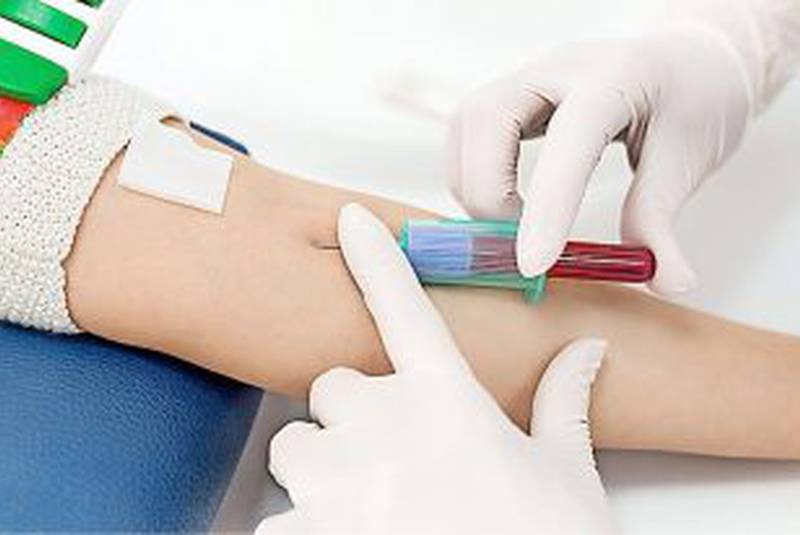Clinical Phlebotomy: A Comprehensive Guide
Are you interested in pursuing a career in healthcare that involves drawing blood from patients? If so, clinical phlebotomy might be the perfect field for you. In this article, we will explore what clinical phlebotomy entails, the skills required for success in this profession, and the benefits of pursuing a career in this field. Let’s dive in!
What is Clinical Phlebotomy?
Clinical phlebotomy is the practice of drawing blood from patients for various purposes, such as medical testing, transfusions, donations, or research. Phlebotomists are trained healthcare professionals who specialize in venipuncture, the process of puncturing a vein with a needle to collect blood samples.
Key Responsibilities of a Phlebotomist:
- Collecting blood samples from patients
- Properly labeling and storing blood samples
- Ensuring patient comfort and safety during the procedure
- Following established protocols and safety guidelines
- Communicating effectively with patients and healthcare team members
Skills and Training Required
Phlebotomy requires a combination of technical skills, knowledge of human anatomy, and excellent communication skills. To become a certified phlebotomist, individuals must complete a training program that typically includes classroom instruction and hands-on practice.
Key Skills Needed for Clinical Phlebotomy:
- Attention to detail
- Strong communication skills
- Ability to work well under pressure
- Empathy and compassion towards patients
- Knowledge of medical terminology and procedures
Benefits of Pursuing a Career in Clinical Phlebotomy
There are several advantages to choosing a career in clinical phlebotomy, including:
- High demand for phlebotomists in healthcare settings
- Opportunities for career advancement and specialization
- Job stability and competitive salaries
- Flexible work schedules
- Ability to make a positive impact on patient care
Practical Tips for Success in Clinical Phlebotomy
If you are considering a career in clinical phlebotomy, here are some tips to help you succeed in this field:
- Stay current on industry trends and best practices
- Practice proper infection control measures
- Continuously improve your venipuncture technique
- Seek opportunities for professional development and training
- Build strong relationships with colleagues and patients
Conclusion
Clinical phlebotomy is a rewarding and essential profession within the healthcare industry. As a phlebotomist, you have the opportunity to play a vital role in patient care and contribute to the diagnosis and treatment of various medical conditions. If you have a passion for helping others and enjoy working in a fast-paced environment, a career in clinical phlebotomy might be the perfect fit for you.
